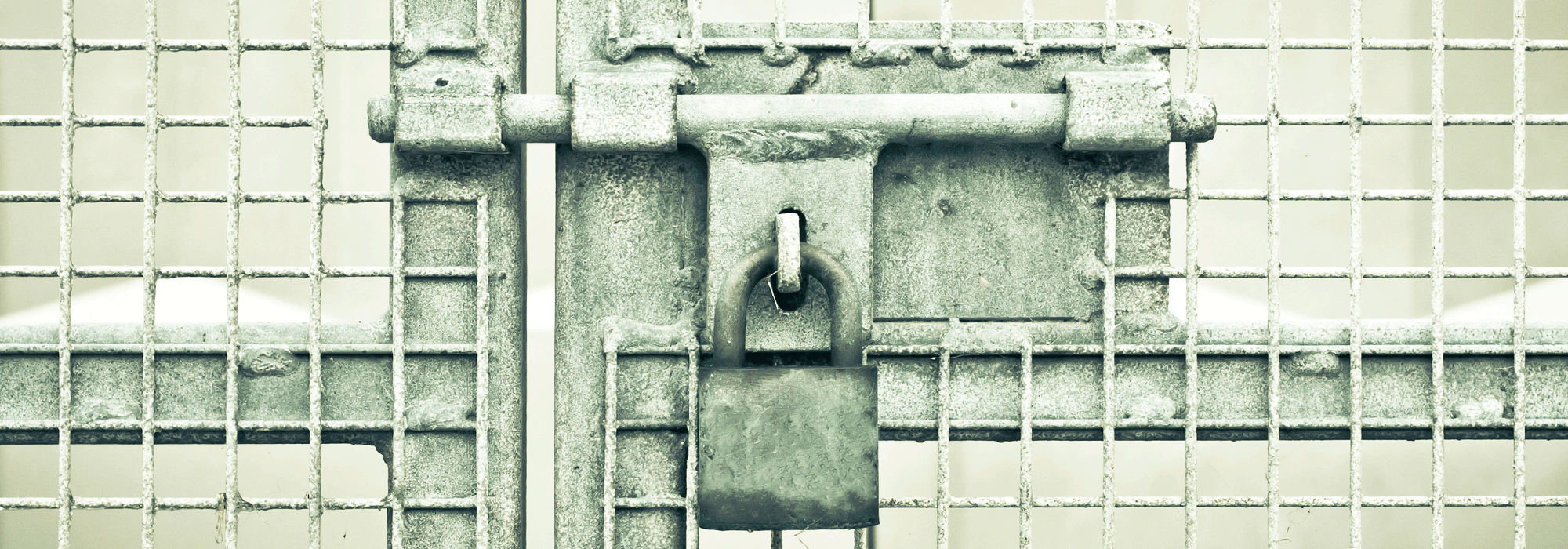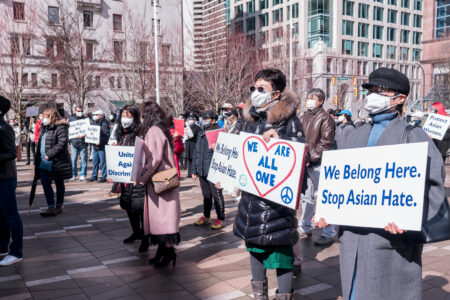
On October 20, 2015, the Court of Appeal for Ontario (the “ONCA”) released its decision in Chaudhary v. Canada (Public Safety and Emergency Preparedness) (“Chaudhary”). The ONCA has ruled that the immigration detention review system provided for in the Immigration and Refugee Protection Act (“IRPA”) does not provide an effective forum for detainees to challenge their continued detention. Effective immediately, detainees will be able to apply to the Ontario Superior Court of Justice for habeas corpus to challenge their continued detentions.
Habeas Corpus
Habeas Corpus, latin for “you shall have the body,” is a recourse in law whereby a detained individual can apply to a court for a determination on whether their detention or imprisonment is unlawful. If the court rules that the detaining entity is acting beyond its authority, then it must release the detainee. Habeas Corpus is commonly regarded as a cornerstone of liberty. It is enshrined by s. 10(c) of the Canadian Charter of Rights and freedoms, which provides that “everyone has the right on arrest or detention to have the validity of the detention determined by way of habeas corpus and to be released if the detention is not lawful.
Under what is known as the “Peiroo exception,” the Supreme Court of Canada in May v. Ferndale Institution stated that in immigration matters habeas corpus is precluded where federal legislation provides a complete, comprehensive and expert statutory scheme which contains a review process that is at least as broad as and no less advantageous than habeas corpus.
The ONCA in Chaudhary determined that the immigration detention review system provided for in the IRPA does not meet these requirements.
Canada’s Immigration Detention System
The IRPA contains a comprehensive scheme for detention review. To detain someone there must be reasonable grounds to believe that the individual is inadmissible to Canada and is a danger to the public, or is unlikely to appear for a future interview, an admissibility hearing, removal, or a proceeding that could lead to a removal order. Detention may also be ordered if the authorities are not satisfied as to the identity of the individual. Finally, a permanent resident or foreign national can be detained when they are entering Canada if an immigration officer considers it necessary to do so for the examination of the individual to be completed, or if the officer has reasonable grounds to suspect that the individual is inadmissible to Canada on grounds of security, violation of human rights, or criminality.
After a person is detained, the Immigration Division of the Immigration and Refugee Board will automatically review their detention. The Immigration Division must hold its first detention review within 48 hours after the individual has been detained, or without delay afterwards. If continued detention is ordered, then the Immigration Division must then conduct a second review of the reasons for continued detention within seven days of the first review. If it then orders continued detention, it must review the reasons for continued detention at least once during each 30-day period following each previous detention review.
The Immigration Division must order that a detainee be released unless the Immigration Division is satisfied that:
- the detainee is a danger to the public,
- the detainee unlikely to appear for further examination, an admissibility hearing, removal from Canada, or a proceeding that could lead to the making of a removal order;
- the government is taking necessary steps to inquire into a reasonable suspicion that the detainee is inadmissible on grounds of security, violating human or international rights, or criminality; or
- the government believes that the detainee’s identity has not been, but may be, established, and the detainee has not reasonably cooperated with the government to help it establish his/her identity.
The Immigration and Refugee Protection Regulations (“IRPR”) further provide that if one of the above grounds for continued detention is identified, then before ordering continued detention the Immigration Division must also consider:
- the reason for detention;
- the length of time in detention;
- whether there are any elements that can assist in determining the length of time that detention is likely to continue and, if so, that length of time;
- any unexplained delays or unexplained lack of diligence caused by the government or the person concerned; and
- the existence of alternatives to detention.
A detainee can apply for leave to the Federal Court for judicial review of the Immigration Division’s decisions on continued detention. The Federal Court will only consider whether the Immigration Division’s decision was reasonable based on the information before it, or whether there was a breach of procedural fairness. The Federal Court will be very deferential to the Division.
The ONCA found the IRPA detention review scheme lacking for several reasons, including that the federal legislation provides that the length of detention is but one factor to be considered, that continued detention can often be justified simply by relying on the reasons given at prior detention proceedings (as the Federal Court of Appeal affirmed in Thanabalasingham), and that neither the Immigration Division nor the courts are tasked with the question of determining whether the detention violates the Charter or other human rights principles, and rarely do.
As a result, the ONCA ruled that immigration detainees will now have access to habeas corpus.
The Habeas Corpus Alternative
If a detainee wishes to challenge their continued detention in superior or provincial court, the test will be much different from the one contained in IRPA. As the ONCA stated (modified for ease of reading and clarity):
On their habeas corpus applications, the [detainees] would have to show that reasonable and probable grounds exist for their complaints [to the court that their continued detention has become unconstitutional]. The grounds will be the exceptional length of their detentions and their uncertain continued duration. The question the court will then have to address is whether, because of their length and the uncertainty as to their continued duration, the detentions have become illegal, in violation of the detainees’ ss. 7 and 9 Charter rights [which provide for the right to life, liberty, and security of the person, and the right to not be arbitrarily detained] and international instruments to which Canada is a signatory. A detention cannot be justified if it is no longer reasonably necessary to further the machinery of immigration control. Where there is no reasonable prospect that the detention’s immigration-related purposes will be achieved within a reasonable time (with what is reasonable depending on the circumstances), a continued detention will violate the detainee’s ss. 7 and 9 Charter rights and no longer be legal. In responding to the application, the Minister must satisfy a court that, despite its length and uncertain duration, the continued detention is still justified.
Habeas corpus is non-discretionary. There is no requirement that leave be obtained. As well, unlike with a judicial review where the applicant must show that the Immigration Division made an error, on an application for habeas corprus the legal burden rests with the detaining authorities once the detainee has established a deprivation of liberty and raised a legitimate ground upon which to challenge its legality.
Depending on the province, a hearing on a habeas corpus application in a superior court will likely obtained more rapidly than a federal court judicial review.
Going Forward
Chaudhary should not be viewed as yet another example of the judiciary striking down a “Harper law.” The federal detention review scheme described above has existed since 2001, when the IRPA was introduced.
It remains to be seen whether the new Liberal government appeals Chaudhary to the Supreme Court of Canada, whether it amends the IRPA to enhance its protections of the rights of detainees such that the Peiroo exception will apply again, or whether it will allow immigration detainees access to two forums to challenge their detention.
For now, detainees and counsel frustrated with the current system should know that an alternative now exists.







